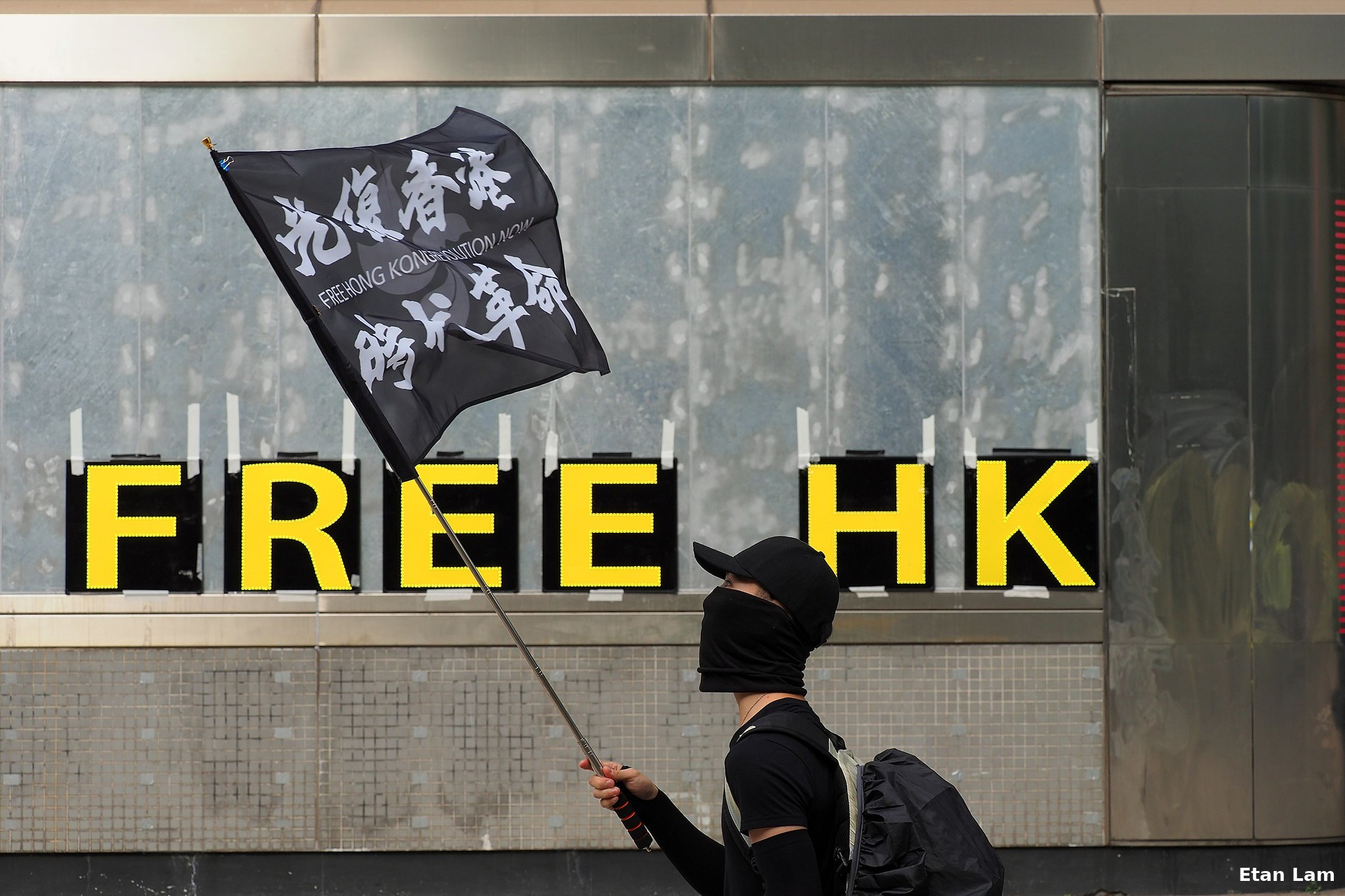“Kicking against pricks”: China rebukes Canada for suspending extradition treaty with Hong Kong

China described Ottawa’s decision to suspend the extradition treaty with Hong Kong as “kicking against pricks” and threatened to take more action against Canada for interfering in “China’s internal affairs”.
“Hong Kong is China’s special administrative region. Hong Kong affairs are entirely China’s internal affairs and allow no foreign interference,” Chinese foreign ministry spokesman Zhao Lijian told reporters. “The National Security Law aims to safeguard China’s sovereignty, security and development interests, maintain lasting peace, stability and prosperity in Hong Kong, and ensure steady and sustained implementation of ‘one country, two systems’.”
“This legislation only targets a very narrow category of acts that seriously jeopardize national security,” Zhao added. “It has won wide support from the Hong Kong people as well as understanding and support from the overwhelming majority of the international community.”
“Any erroneous measures introduced by a handful of western countries including Canada will never affect the implementation of the National Security Law,” Zhao said. “Their attempt to exert pressure on China under the pretext of Hong Kong-related issues is completely against the trend of time, and doomed to fail like kicking against the pricks.”
Meanwhile, Chinese embassy in Canada urged Canada to “side to earnestly abide by international law and basic norms governing international relations, immediately correct its mistakes, stop meddling in China’s internal affairs in any way, so as not to further damage China-Canada relations.”
Canada announced on Friday that it’s suspending the Canada-Hong Kong extradition treaty and will treat exports of sensitive goods to Hong Kong in the same way as those destined for China.
The government of Prime Minister Justin Trudeau also announced that Canada will no longer permit the export of sensitive military items to Hong Kong.
“Canada joins the international community in reiterating its serious concern at the passage of national security legislation for Hong Kong by the Standing Committee of the National People’s Congress of China,” François-Philippe Champagne, Minister of Foreign Affairs, said. “This legislation was enacted in a secretive process, without the participation of Hong Kong’s legislature, judiciary or people, and in violation of international obligations.”
“This process demonstrated disregard for Hong Kong’s Basic Law and the high degree of autonomy promised for Hong Kong under the ‘one country, two systems’ framework,” Champagne added. “Hong Kong’s role as a global hub was built on that foundation. Without it, Canada is forced to reassess existing arrangements.”



